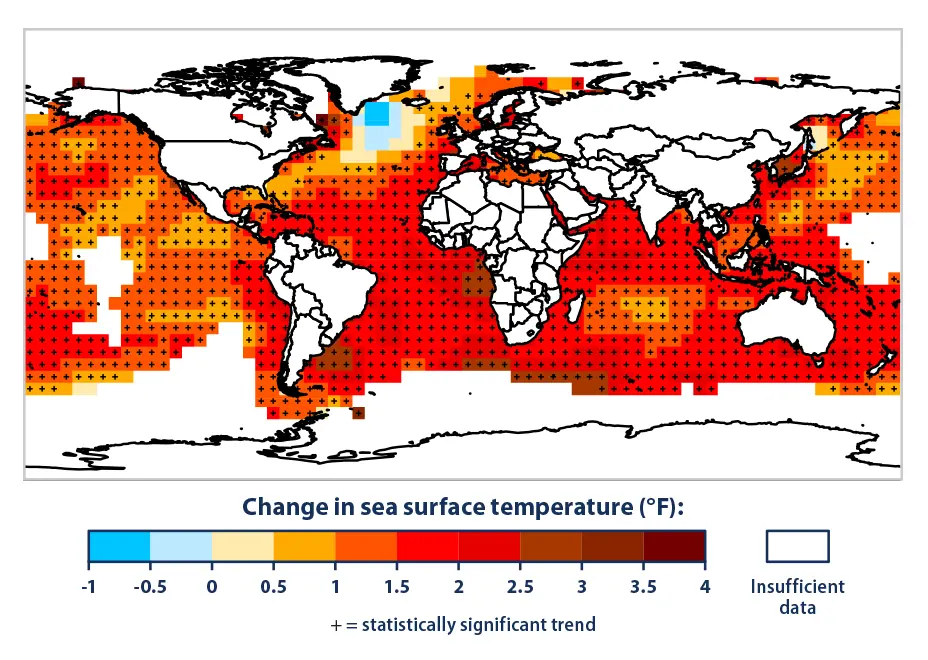I am a climate scientist and geologist and think that climate, geology, and geography are incredibly interesting fields that people deserve to know more about. If you have any questions that you’ve sat with for a while, are just curious, want to know more about future or past scenarios, or even have worldbuilding questions, feel free to ask!


Ah, word thank you for the info. Am I correct in thinking that stuff like changes in the ocean’s currents and density (due to salinity) will also probably bring about pressure shifts on the sea floor? Like shifting your grip on a stress ball?
Not so much pressure on the seafloor that will matter, but changes in density are almost certainly going to impact currents and heat distribution. Winter in Europe is going to get very, very cold when the relatively warm Gulf Stream can not transfer its warmth to the air as effectively when it is stuck sitting underneath a 0.1°C layer of less dense fresh water that just melted from glaciers in Greenland, which is already measurably happening. It’s pretty much the only place on the planet seeing an average drop in sea surface temperature for that reason.
Just as melted ice appears to be flowing south off Greenland, am I looking at a warming effect here caused by the outlets of the Plata, the Kongo, and the Tumen?
If so, why specifically those?
It’s quite possible that’s the reason, and we do know that inland waters in rivers and streams are also increasing in temperature. At least in the cases of the Rio de la Plata and Congo, it certainly appears to be the case. As for the Temur, I think there isn’t as easy an argument to be made, as it drains into a pretty isolated section of sea that would naturally be prone to heating more easily. The Congo looks like the strongest case, especially because it has no estuary. That being said, I’m not going to commit to an answer because I don’t have the data myself.